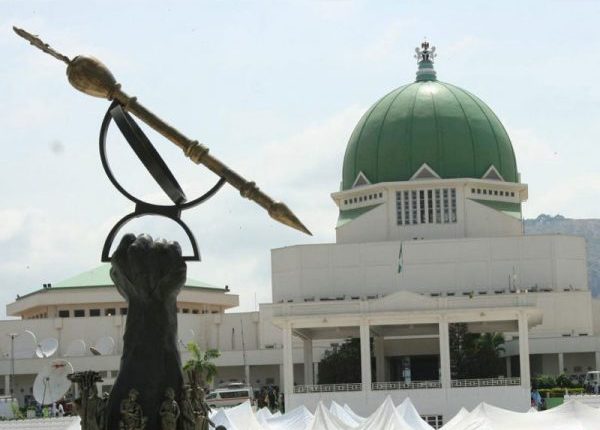Legislative Agenda of the Nigerian House of Representatives and the Impact on the 360 Federal Constituencies in Nigeria
By Gloria Essien
The Tenth House of Representatives was inaugurated on June 13 2023 where Tajudeen Abbas was elected as the fourteenth speaker.
Nigeria’s House of Representatives Legislative Agenda committee was chaired by the House Leader, Prof. Julius Ihonvbere who came up with a six-point legislative agenda on November 9th last year. The objective of the agenda is to drive progress, prosperity, and inclusivity across the country.
Unveiling the agenda in Abuja, Speaker of the House of Representatives, Dr. Tajudeen Abbas said that the agenda’s main objective was to make the 10th House ‘the People’s House’ as well as to promote transparency, accountability, and citizens’ engagement.
He said that the Legislative Agenda will also focus on legislative reforms aimed at improving the efficiency of the House, strengthening the committee system, and enhancing legislative-executive relationships.
The speaker said the agenda would serve as a roadmap to address pressing issues and drive positive change in a challenging time for the nation with clear goals of economic empowerment and diversification; infrastructure development; education and human capital development.
Others are health care for all, transparent governance, accountability as well as security and safety of persons and property across the nation.
The Legislative Agenda of the House of Representatives outlines key reforms, aimed at addressing socio-economic, political, infrastructure, education, and technology with core values for effectiveness, efficiency, commitment, accountability, accessibility, and responsiveness. These core values underscored the House’s vision of being a responsive, results-oriented institution.
Having set the agenda to serve as the hub for the house to stand and drive economic empowerment that will ensure diversification and address Nigeria’s over-reliance on crude oil exports as critical determinants.
The House in its legislative duties has been passing legislation and adopting motions to improve governance and providing the legislative backing for the implementation of President Bola Ahmed Tinubu’s administration development objectives in Nigeria. A case in point was the provision of the enabling support that made President Bola Tinubu declare a state of emergency on food security and ensure the availability of food for local consumption and provision of palliatives to Nigerians after the removal of petrol subsidies in May last year.
One sector in the Tenth House Legislative Agenda plays a vital role in Education and human capital development. Already the House has passed relevant legislation to ensure access to education for all and the take-off of the students’ loans (Access to Higher Education) repeal and re-enactment law 2024. The law guarantees sustainable higher education and functional skills development for all Nigerian students and youths.
The oversight role of the parliamentary body is expected to ensure the spread of developmental projects in the various intervention sectors to accelerate the delivery of the dividends of democracy to the Three hundred and sixty federal constituencies in Nigeria.
The cordial working relations between the legislature and the executive arm of government in Nigeria as contained in the House legislative agenda should not be used to compromise the independence of the legislature to carry oversight on government ministries, departments, and agencies for the desired checks and balances that make democracy benefit the people of Nigeria.
The impact of the Legislative agenda on the 360 federal constituencies in Nigeria is expected to be significant. The main index for measuring this is how the people in these constituencies feel the government’s impact on their welfare and the security of their lives and property. The extent to which the House of Representatives does this will be known at the end of four years.
The Legislative Agenda luckily aligns with the ‘Renewed Hope’ Agenda of the President Tinubu administration. This emphasizes the collaborative efforts required from all arms of government, civil society organizations, the media, international partners, and the Nigerian people for the successful implementation of the laudable programs for the desired benefits of Nigerians.

